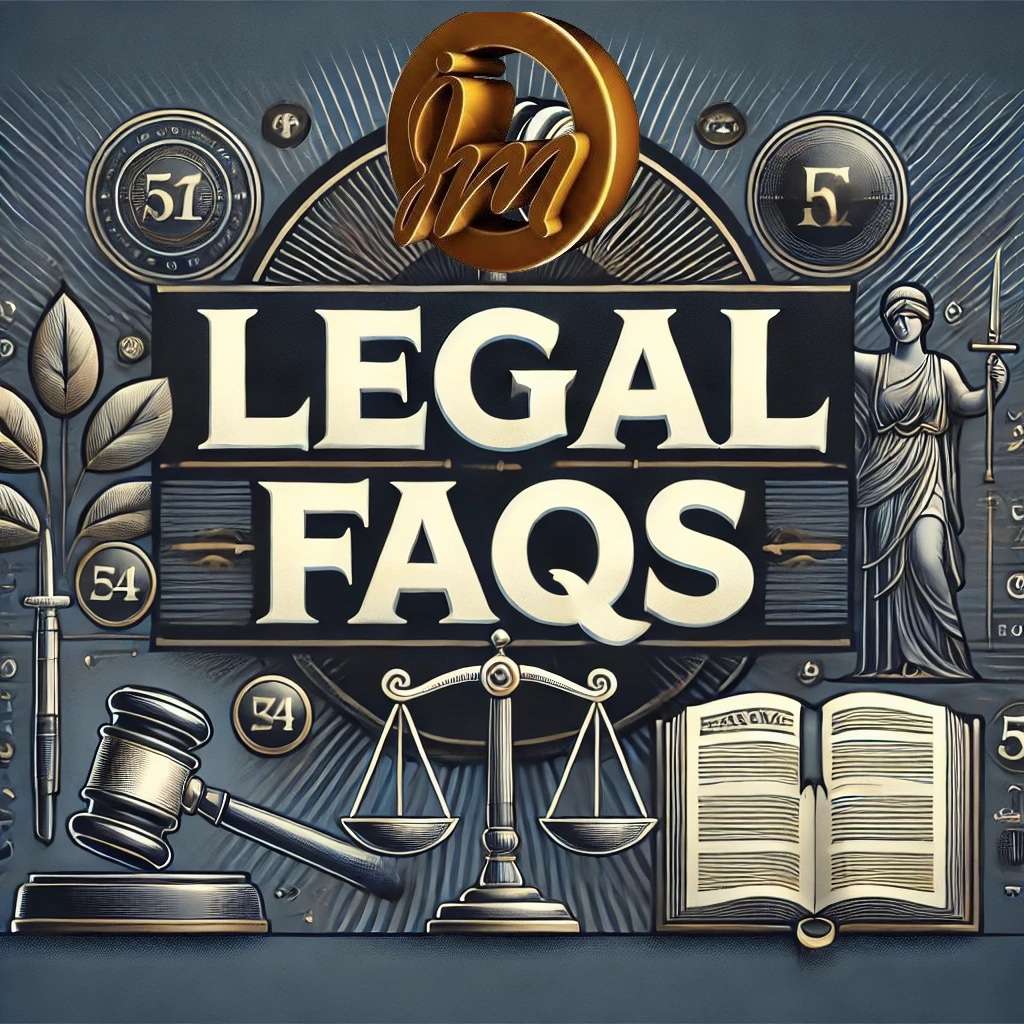With reference to the judicial and non-judicial procedures used to resolve conflicts arising from the use of domain names, most of the countries where a Network Information Centre (NIC) or domain administrator is established have very similar intellectual property laws that meet international standards, so in cases where the domain name is considered to violate trade mark laws, the procedure in different countries is very similar. When addressing the challenges to existing intellectual property rules that accompany the emergence of any new medium of communication, such as the Internet, it is important not to mischaracterise the injury suffered by the intellectual property holder. In this regard, it is important to ask whether the complainant’s intellectual property right have been infringed at all. When examining intellectual property claims in domain names, for instance, one must be aware of the great multitude of ways in which domain names can be put to use or for that matter, ‘abuse’.
A Network Information Centre (NIC) or domain administrator can assist in resolving a domain dispute through several mechanisms and processes. Here’s how they can help:
Mediation and Arbitration
- Dispute Resolution Policies:
- Many NICs and domain registrars operate under specific dispute resolution policies, such as the Uniform Domain-Name Dispute-Resolution Policy (UDRP) used by ICANN (Internet Corporation for Assigned Names and Numbers). These policies provide a framework for resolving disputes over domain names without requiring legal action.
- These policies often involve arbitration and mediation services to facilitate a fair resolution between the disputing parties.
- Filing a Complaint:
- If you believe that a domain name is infringing on your trademark or is being used in bad faith, you can file a complaint with the relevant NIC or domain administrator. This complaint will be reviewed, and a panel of arbitrators will be assigned to hear the case.
- The complaint should include evidence of your rights to the name or trademark, proof of the alleged bad faith registration, and details of how the domain name is causing harm or confusion.
Administrative Actions
- Suspension or Transfer of the Domain:
- Based on the findings of the dispute resolution process, the NIC or domain administrator can order the suspension, cancellation, or transfer of the disputed domain name. This action is taken to protect the rights of the rightful owner and to prevent further misuse of the domain.
- Compliance with Local Laws:
- NICs also ensure that domain registrations comply with local and international laws. They may intervene if a domain name is found to be in violation of legal standards, such as infringing on intellectual property rights or being used for fraudulent purposes.
Support and Guidance
- Advisory Services:
- NICs and domain administrators often provide guidance on the best practices for domain name registration and management. They can advise on how to avoid common pitfalls that lead to disputes and how to protect your domain names effectively.
- They may also offer legal resources or references to professional services that specialize in intellectual property and domain name law.
Example: ICANN’s UDRP Process
- ICANN’s UDRP provides a clear example of how a domain dispute can be handled:
- Filing a Complaint: The complainant files a complaint with an approved dispute resolution service provider.
- Response: The domain name holder (respondent) is given an opportunity to respond.
- Decision: An administrative panel reviews the submissions from both parties and makes a decision based on the policy guidelines.
- Implementation: If the complainant is successful, the domain name can be transferred or cancelled.
For further information, you can visit the websites of specific NICs or domain registrars, such as ICANN for their UDRP details or WIPO for their domain name dispute resolution services.

